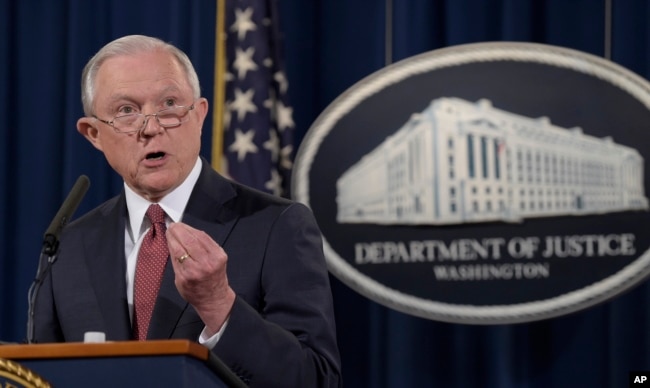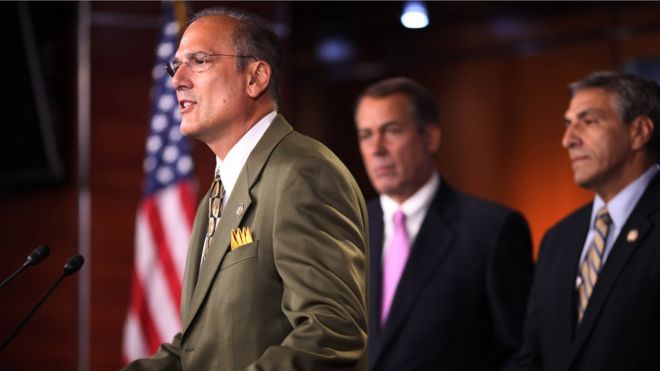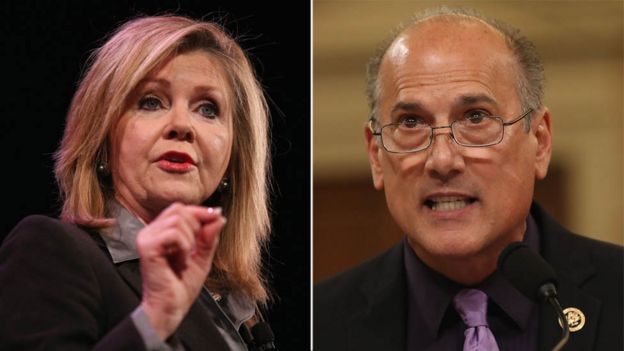In a news release Friday, the department cited preliminary figures from the National Center for Health Statistics showing that drug overdose deaths in the United States rose 21 percent from 2015 to 2016. In 2016, a record high of around 65,000 people died from drug overdoses, driven by the opioid crisis. U.S. Attorney General Jeff Sessions announced the new figures Thursday, blaming opioid painkiller addiction for the rise. The 2016 estimate "would be the highest drug death toll and the fastest increase in that death toll in American history," Sessions said. "And every day this crisis continues to grow, as more than 5,000 Americans abuse painkillers for the first time [daily]."
Opioids such as heroin and the synthetic drug fentanyl were responsible for most of the fatal overdoses, killing more than 33,000 Americans — quadruple the number from 20 years ago. The Justice Department said about $24 million in federal grants would be awarded to 50 cities, counties and public health departments for creation of "comprehensive diversion and alternatives to incarceration programs" for people impacted by the epidemic. An additional $3.1 million will be awarded by the National Institute of Justice for research and evaluation on drugs and crime, prioritizing heroin and other opioids and synthetic drugs.

Attorney General Jeff Sessions makes a statement at the Justice Department in Washington
Also, $22 million is being awarded to 53 jurisdictions to support implementation of adult drug courts and veterans' services. And $9.5 million is going to juvenile and family treatment to "build effective family drug treatment courts and ensure current juvenile drug treatment courts follow established guidelines." In March, U.S. President Donald Trump named New Jersey Governor Chris Christie, a former presidential candidate, to head the newly formed President's Commission on Combating Drug Addiction and the Opioid Crisis.
Last month, the commission urged the administration to declare the opioid crisis a national emergency. "With approximately 142 Americans dying every day, America is enduring a death toll equal to September 11th every three weeks," the commission said in an interim report. Health and Human Services Secretary Tom Price said that no declaration was necessary to combat the crisis, but White House press secretary Sarah Huckabee Sanders later said Trump was taking the idea "absolutely seriously."
https://www.voanews.com/a/us-award-m...t/4040809.html


 The Science, Health, and Technology Room
The Science, Health, and Technology Room



 Reply With Quote
Reply With Quote



